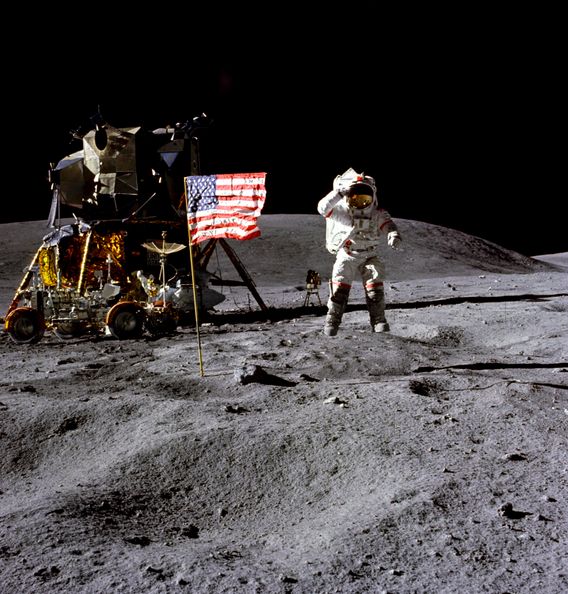From the Seattle Times:
The essence of Muhammad Ali: legend, symbol, icon and one hell of a fighter
Of course, there will never be another Muhammad Ali, and at times it seems hard to believe there was even one, so oversized has the mythology of his life become.
But Ali was very real — a legend, a symbol, a force, indomitable and inimitable, the greatest cultural icon that sports has ever produced.
Oh, and one hell of a fighter. That has almost become overshadowed amidst the lore. We saw him in public only sporadically as his Parkinson’s ravaged him, and even then, shuffling along slowly, rarely speaking. For those who knew him only from videotape, it was hard to believe this feeble man was the ferocious fighter who stood menacingly above the vanquished Sonny Liston in the most famous sports photo ever.
Those of us of a certain age, however, have the image of Ali, fierce and uncompromising, emblazoned in our mind’s eye. And also in our mind’s ear, because if Ali was larger than life (and he was), he was also louder than life. He was a proud and defiant black man who forced the world to listen to him.
In the process, Ali had an impact on society in a way few athletes ever have. Broadcaster Bryant Gumbel told Ali biographer Thomas Hauser, “One of the reasons the civil rights movement went forward was that black people were able to overcome their fear. And I honestly believe that, for many black Americans, that came from watching Muhammad Ali. He simply refused to be afraid. And being that way, he gave other people courage.”
Ali was a man of his time, and thus became a man for all time. It may be hard for young people to envision just how tumultuous and volatile the 1960s were, as political, racial and cultural forces intersected in a teeming maelstrom of rage and expression.
And Ali was smack in the middle of it all, first as Cassius Clay, the brash, fast-talking kid — he adapted the act from pro wrestler Gorgeous George, he’d admit later — who won a gold medal in Rome, and then as the young man who stunned Liston to take the heavyweight title at age 22.
He’d talk in rhyme, predict the round he’d knock out his foe, and then do it. He called himself “The Greatest,” bragged about how he’d float like a butterfly and sting like a bee, and people ate it up. Except for the ones who hated him for it, hated the way he stood up to the establishment — especially when he joined the nation of Islam, changed his name, and refused to join the army, saying it conflicted with his religious beliefs.
“I ain’t got no quarrel with them Viet Cong,’’ he said famously.
Ali was stripped of his heavyweight title and sentenced to jail, losing nearly four years of his prime in the legal battle but gaining acclaim, at least in some circles, as a man of unwavering principal. As the Vietnam War became more unpopular, Ali’s support grew. Eventually, the Supreme Court overturned his conviction in 1971, and he went back to the business of fighting, bolder than ever.
Ali’s bouts became events of such import that the world seemed to stop when he fought. A few of them became such epic spectacles that the greatest writers in the world flocked to chronicle them. The stature of those battles has only risen with the passing of time — the Fight of the Century, in which Joe Frazier handed him his first defeat. The Rumble in the Jungle, when Ali regained his title in Zaire from George Foreman in a bout that began incongruously at 3 a.m. to maximize TV viewership back home.
And, especially, the brutal Thrilla in Manilla, when Ali won the rubber match from Frazier in an astonishing show of will by both men — but at great physical cost for each.
Ali was far from perfect, yet his flaws have been smoothed over by the passage of time. When he emerged in 1996 to light the Olympic torch, Ali had reached full status of a sporting demigod, and that has never wavered.
And now he’s gone, at least in a physical sense, but I have a feeling that Ali’s hold on the sporting world — and the use of the term “world” is not overstating things; his appeal was universal, and in fact went beyond “sporting” — will never dim.
Ali himself may have captured his essence best in a Rolling Stone interview in 1971, shortly after he won his appeal and shortly before he met Frazier for the first time at Madison Square Garden.
“I represent the truth,’’ he said. “The world is full of oppressed people, poverty people. They for me. They not for the system. All the black militants … all your hippies, all your draft resisters, they all want me to be the victor.”
No, there will never be another Ali. But this one dug his way so deep into our psyche, there doesn’t have to be.


